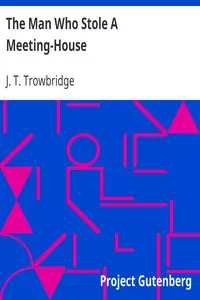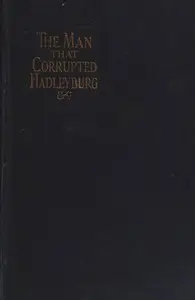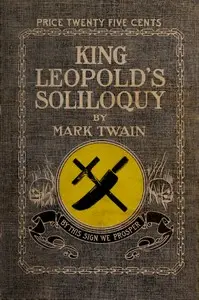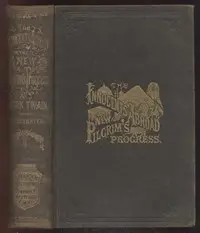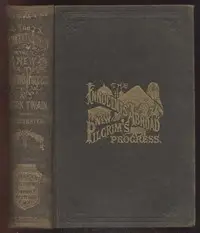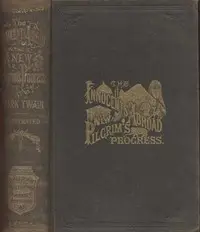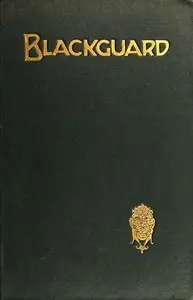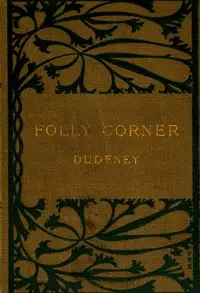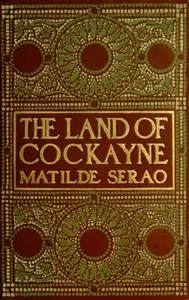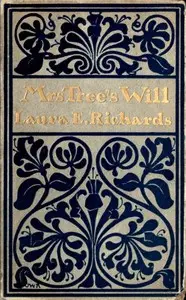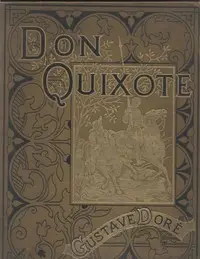"The Man That Corrupted Hadleyburg" by Mark Twain is a sharp story that pokes fun at society, imaging a town named Hadleyburg famous for being impossibly honest. But the town's squeaky-clean image is challenged by a stranger with a sneaky plan, which puts their much-praised honesty to a difficult test and reveals some hidden truths, showing that pride can lead to a fall. The story focuses on Mr. and Mrs. Richards, who find themselves in a moral tight spot when riches and recognition are within reach. As Hadleyburg sets out to celebrate the town's supposed virtue, the unfolding events expose hypocrisy and challenge the town's long-held beliefs, showing that even the most virtuous can be tempted by greed.
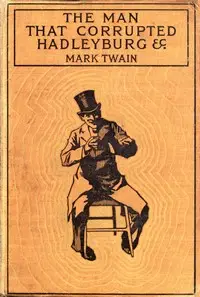
The Man That Corrupted Hadleyburg, and Other Stories
By Mark Twain
A town known for its unflinching honesty faces a test that reveals the surprising corruptibility of its citizens when a tempting offer throws their morals into question.
Summary
About the AuthorSamuel Langhorne Clemens, known by the pen name Mark Twain, was an American writer, humorist, and essayist. He was praised as the "greatest humorist the United States has produced," with William Faulkner calling him "the father of American literature." Twain's novels include The Adventures of Tom Sawyer (1876) and its sequel, Adventures of Huckleberry Finn (1884), with the latter often called the "Great American Novel." He also wrote A Connecticut Yankee in King Arthur's Court (1889) and Pudd'nhead Wilson (1894) and cowrote The Gilded Age: A Tale of Today (1873) with Charles Dudley Warner.
Samuel Langhorne Clemens, known by the pen name Mark Twain, was an American writer, humorist, and essayist. He was praised as the "greatest humorist the United States has produced," with William Faulkner calling him "the father of American literature." Twain's novels include The Adventures of Tom Sawyer (1876) and its sequel, Adventures of Huckleberry Finn (1884), with the latter often called the "Great American Novel." He also wrote A Connecticut Yankee in King Arthur's Court (1889) and Pudd'nhead Wilson (1894) and cowrote The Gilded Age: A Tale of Today (1873) with Charles Dudley Warner.




